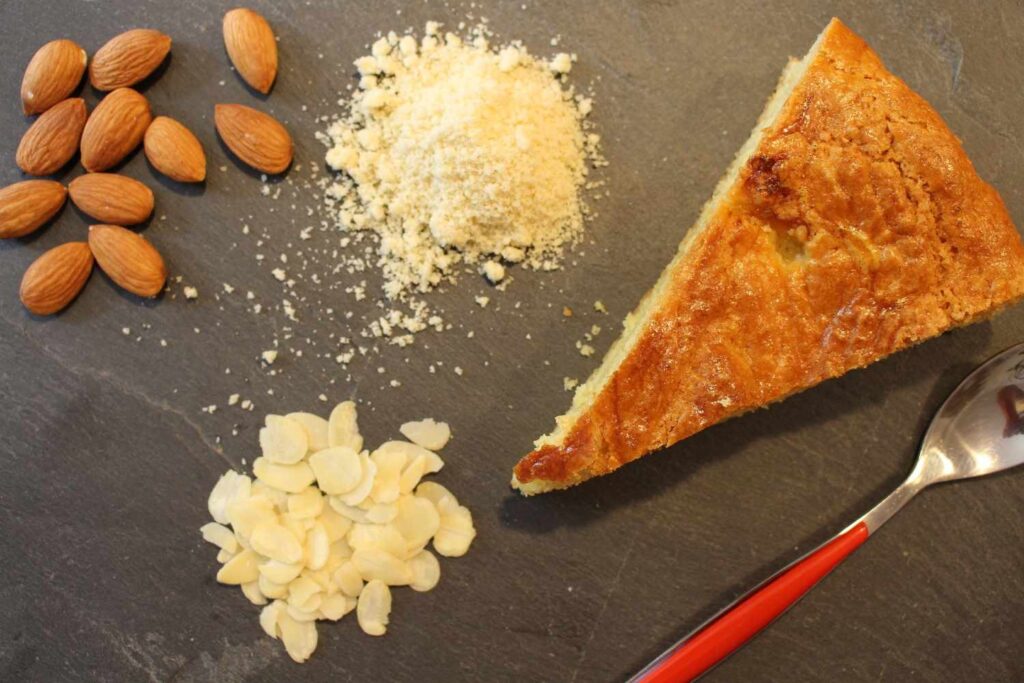Choosing between sending your child to a public or private school in France can feel like a big decision. As a parent who has been through it, I am here to share my insights and own experience of this. At the end of the day, the decision is yours and should be based on what works best for your family!
Understand the school system
Broadly speaking, there are four types of schools in France:
- Public school
- Private French school
- Contracted (sous contrat) bilingual school
- Non-contracted (hors contrat) bilingual school
Read The French school system to understand the differences between sous contrat and hors contrat schools in France and How To sign up for a French school
Consider budget and learning requirements
When trying to choose between the four broad options, the following questions helped me make a decision that I felt was “right” for our specific circumstances:
1) How long do I plan to stay in France?
2) What is my budget for school fees?
3) What is more important during our time living in France?
- Is it for my child to learn how to speak French fluently and be immersed in French life/culture?
- Is it to maintain their education in English (or another language)?
- Is it to follow their previous curriculum?
4) What kind of learning environment is best for my child?

Imagine what it would feel like to look back at your time in France. Ask yourself:
- Did I make the most of our time there?
- Did I want or try to integrate myself and my children into the French language, culture, and joie de vivre?
- Do I want an expat bubble, the full flavoured French experience or something in between?
Some children perform better in a structured learning environment, while others have more of a visual/auditory memory and work better in groups or individually. Some children have learning disabilities that the school will need to address. Your decision about whether to choose a private or public school in France should also consider your child’s needs.
For shorter stays in France, consider hors contrat private schools
If you’re likely to be in France for a year or two (or even less), you might be thinking that it’s better for your child to attend an international school which follows the exact curriculum of the country you’re from (e.g. UK, US, Canada) or to a school specialising in the International Baccalauréat (IB). In Paris, this includes schools like the British School of Paris, the American School of Paris, the Canadian Bilingual School of Paris, and the International School of Paris (and there are many others). Attending such a school puts you in the expat bubble. These schools are generally hors contrat (non-contracted) schools which are not under the French government control and are free to set their own curriculum.
Pros of hors contrat private schools:
- Ability to choose a school which provides the curriculum or internationally recognised qualifications you are after
- Smoother educational transition if following the same curriculum
- No language barrier
- Surrounded by families in a very similar situation
- Better facilities and a wider choice of extra-curricular activities than in a state (public) school
- Smaller class sizes than in most state schools allow for close teacher attention
Cons of hors contrat private schools:
- Fees tend to be very high
- Normally a very high turnover of students because the majority of families are only in France for a short period of time
- Much less exposure to the French language (and culture)
- Do not follow the French school curriculum making it more challenging to transfer to a French school or higher educational institution in the future
For longer stays in France, consider public or sous contrat schools
If you plan on being in France for longer, and/or want your kids to have a deeper immersion, you’ll likely consider either a French public school or a sous contrat (contracted) bilingual private school. In Paris, well known sous contrat bilingual private schools include École Jeannine Manuel, EIB, and others. At the risk of stating the obvious, choosing a French state (public) school would give your kids (and you) the full flavoured French experience.
Pros of French public schools:
- Free! (lunches and after school care are extras but fees are very low)
- Your child is guaranteed a place locally
- The school follows the French state curriculum consistent across all state and French sous contrat schools
- Full language and cultural immersion from Day 1
- Direct path into France’s world class (and free) higher education institutions
Cons of French public schools:
- The quality of school (teaching, facilities etc) and class sizes can vary depending on the area
- Potentially tough transition for both kids and parents due to language and cultural barriers. Especially if your kids are teenagers
- Teachers and other staff often go on strikes so the school timetable can be disturbed at short notice
The French public schools provide 100% immersion from Day 1 into the local language and culture. As a parent, you will be less surrounded by other expats and more surrounded by local French families. If you don’t speak French, this may feel daunting but it might just inspire you to start learning French or take additional classes to improve your French.
A bilingual sous contrat (contracted) school provides a nice compromise, in my biased opinion, between the other two options.
Pros of sous contrat private schools:
- Strong language and cultural immersion as French is the dominant language of education
- School fees are a fraction of the hors contrat schools
- Typically a mix of expat and local families so you’re not in either “bubble”
- Follows the French curriculum and provides a direct path into France’s world class (and free) higher education institutions
- Sufficient instruction in a second language (typically English) to ensure fluency at the time of graduation
- Better facilities and a wider choice of extra-curricular activities than in a state (public) school
- Smaller class sizes than in most state schools allow for close teacher attention
Cons of sous contrat private schools:
- Competition to get in can be high with demand often far exceeding the number of spaces, especially after the age of 6
- It’s not free
Please note that schools in the state sector and the private sector vary considerably in terms of quality of teaching and facilities so please do as much research as possible into the individual schools you are interested in.

Taking my own advice!
When Team Galperin moved to France in 2021, we decided to commit “for a while”. We wanted to truly experience the life, culture, language and have the time to really explore all that France has to offer. We also made learning French a priority for ourselves and our children during our time here.
I have two children in two different primary schools. Our younger one (Peanut) attends a local French state school and our older one (Walnut) initially attended an hors contrat bilingual private school and then we transferred her into a sous contrat bilingual school.
Our experience
The hors contrat school that Walnut attended was 50/50 French/English and most kids were from international expat families. I noticed that Walnut didn’t pick up French as quickly as I hoped. While the teaching was technically supposed to be 50/50 between French and English, it felt like the curriculum was mostly English focused. Most families at the school were expats with English being the common language between the parents and the children. Nearly all interactions during school break times and outside of school (birthday parties, playdates etc) were in English.
After we moved Walnut to the sous contrat bilingual school her French skills rapidly improved. The teaching is primarily in French (about 75/25 split), the school follows the French curriculum and the school has far more local French families. As a result, the primary language for interaction among kids, parents and the school is French while English can always be used if really needed.
For Peanut, we felt that the local public school is the best option for now. Why? Given her young age, we felt that Peanut would easily fully absorb French in less than a year. As she gets older, and French becomes her “native language” we’ll most likely move her to the same sous contrat bilingual school as Walnut. For now, we’re enjoying the forced immersion of a purely French school and only having to pay for one set of school fees!
So what’s my advice?
Overall, whether you select a public or private school in France, I would recommend choosing a school which follows the French state curriculum as there are several advantages to this approach if you’ll be in France for a while. It’s the same national curriculum taught in state and private schools so the education level is easily comparable if you choose to move from one school to another. Following the French curriculum is also a requirement for applying to classe préparatoire, a two-year course for admission into the prestigious French higher education establishments, or Grand Écoles.



